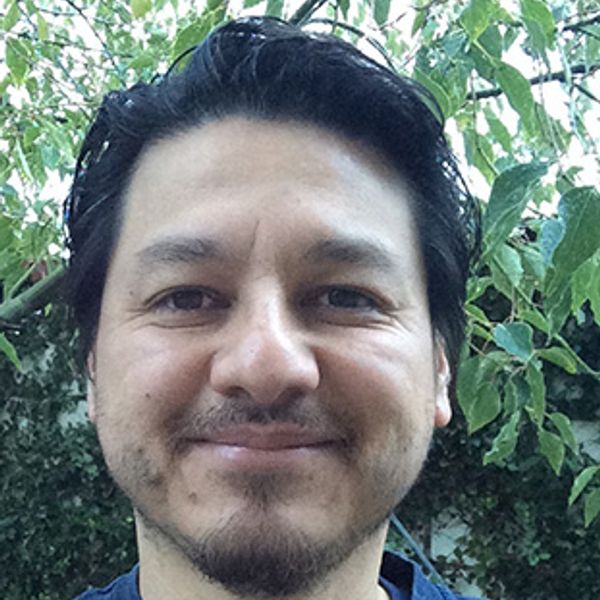Lia Purpura, Decaying Wood (detail), featured in AGNI 102
Mine Own Neruda
I was ten and my father was gone, already living here in the States, when my mother woke me up in the middle of the night to listen to a strange voice coming out of the transistor radio. It was Pablo Neruda reciting his love poems while violins and guitars played in the background. For two years I fell asleep to the voice of Neruda rising and falling like waves in the distance, like seagulls swooping down, my head filling with poetry.
The broadcast was interrupted in November, 1980, when I fled El Salvador and the war that was tearing my country apart. I was twelve years old. I arrived in Los Angeles, California, with many questions unanswered, conversations unfinished and years of my young life unfulfilled. I gave up much of my national culture and Spanish language to learn a new culture and language. My English was full of street vernacular and strong raw accents—my words squashed, shredded, forced to dance a Shakespearian rag. I became part of the growing immigrant community, speaking ghetto Spanish. “Go back to your country” echoed throughout these years. Ahead a long road stretched into darkness.
In high school I began writing long before I read any poetry that excited me. My writings were fragments—verses and scribbles not meant to be taken seriously or shared. I pursued this calling in secret, writing only for myself. In college I tried to read the masters of the English language: Shakespeare, Milton, Keats, Dickinson, Whitman, but none of them spoke to me—or maybe I wasn’t ready to listen. It wasn’t until I read Ginsberg’s “Howl” that I was amazed to discover I was not the only young man who saw the best minds of his generation destroyed.
In 1992, after a peace treaty was signed, I returned to El Salvador hoping to find a home, but instead found a war-torn country full of poverty, death, illiteracy, and crime. All my friends and family members were gone, especially those who were capable of changing a society. I was searching for something that no longer existed—a quality remembered from childhood, a sense of belonging to a country and a language. But these had changed. And I had changed. I found myself a stranger in a strange land.
I returned to California and bounced between LA and San Francisco, feeling rootless and without home. Yet that yearning for a sense of home—for union with my country, my family, for other Central American immigrants—grew deep inside me. To cope with these feelings of exile, I needed to write what I could not voice. That’s when I consciously began to write poems.
Within a year of discovering Ginsberg, I rediscovered Pablo Neruda. From poems such as “Walking Alone,” I learned to take the pencil and run across the pages, like a horse galloping across Latin America. I could remember the tree outside my childhood window, the fragile eggs boxed in my mother’s store, the lightbulb hanging from the ceiling, and the moon bending over the neighborhood. I could go outside, feel the cracks of the street and remember my small country of El Salvador.
Neruda demanded more breadth, more precision, more memory of home in my reading and writing. I became interested in writers who sense home as a source of identity more than as a refuge: Pessoa’s Portugal, Neruda’s Chile, Rushdie’s India, Levine’s Detroit, Whitman’s American soil, and Roethke’s North America.
Neruda’s “Residence on Earth” helped me understand that the identity of the exile writer is homelessness and its attendant loneliness. As an exile writer you try to recreate your home in your work. Of course, you never can. You create fictions instead. But in this trajectory, in this country, I never travel alone. I travel with Neruda.

William Archila
William Archila is the author of three poetry collections: The Art of Exile (Bilingual Review Press, 2009), winner of the International Latino Book Award; The Gravedigger’s Archaeology (Red Hen Press, 2015), winner of the Letras Latinas/Red Hen Poetry Prize; and S is For (Black Lawrence Press, forthcoming 2025), winner of the Philip Levine Prize for Poetry. His work has appeared in Poetry, AGNI, The American Poetry Review, Copper Nickel, and other journals, as well as in anthologies such as The BreakBeat Poets, Vol. 4: LatiNext (Haymarket Books, 2020) and Theatre Under My Skin: Contemporary Salvadoran Poetry (Kalina, 2014). He lives in Los Angeles, on Tongva land. (updated 4/2024)
